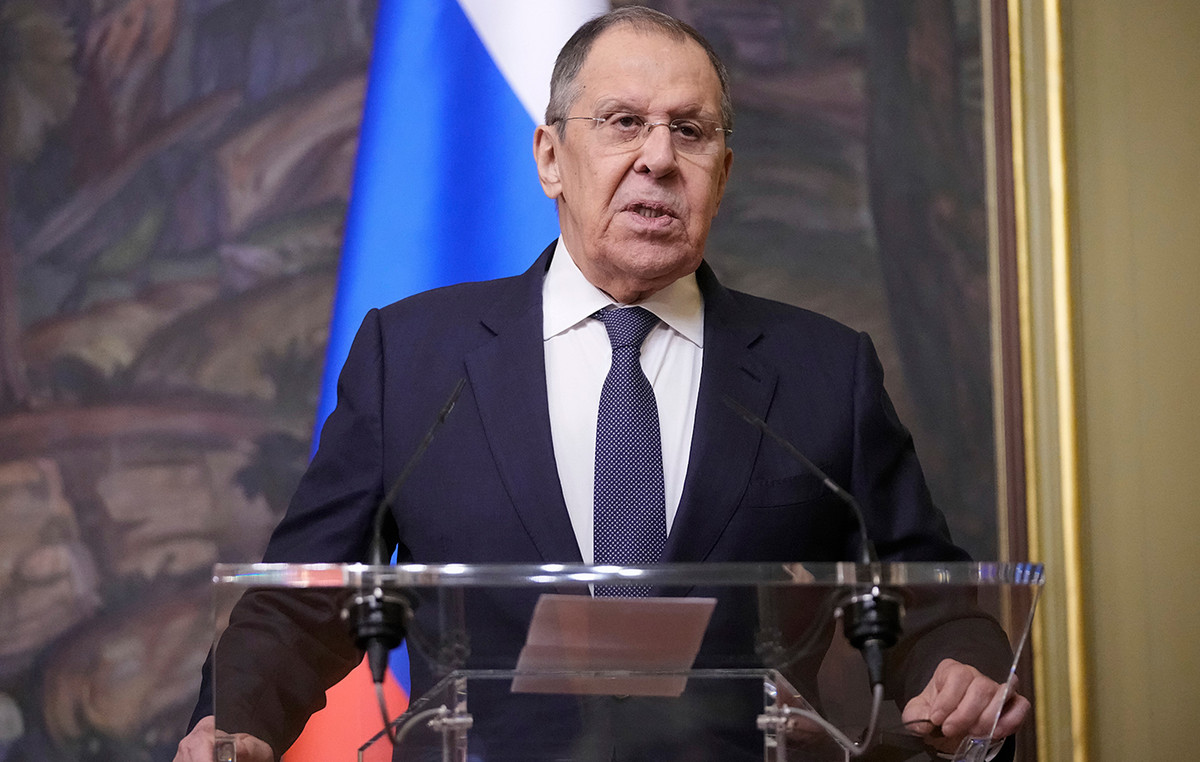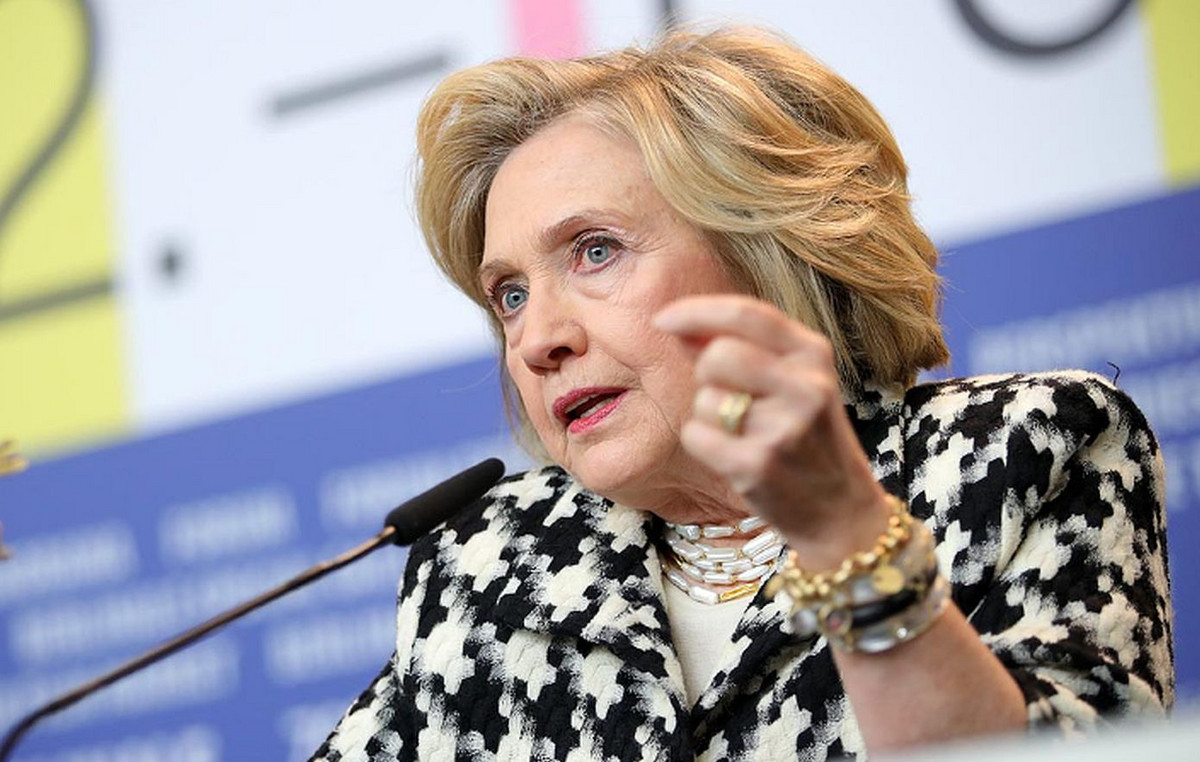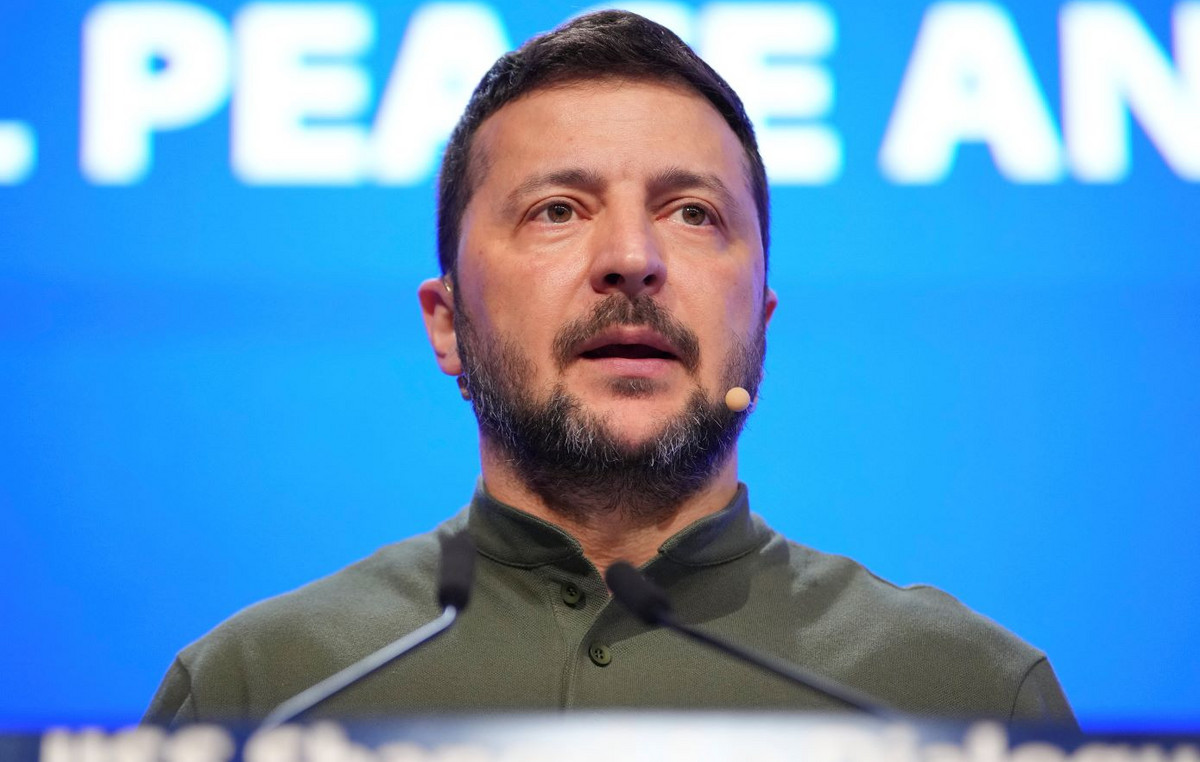Her Eleftherias Kourtali
The onset of other major conflicts and military crises has often seen global stock indices plummet, with movements in government bond yields in emerging markets dependent on how energy prices and central banks have reacted, according to a Capital analysis. Economics. This suggests that the war in Ukraine could reasonably put further pressure on stock markets and that bond yields could continue to rise if central banks tighten.
Capital Economics notes, however, that there is no historical fact that provides a direct parallel with the current situation. Most recent episodes of heightened geopolitical tensions (eg between the US and Iran or North Korea, Russia’s 2008 war with Georgia, the 2014 conflict in Yemen, and the wars in the former Yugoslavia) have had limited global economic impact. The war in Ukraine is perhaps more akin to Iraq’s invasion of Kuwait in 1990 and the launch of major US military operations in Afghanistan in 2001 and Iraq in 2003, given the implications for energy markets. But these were not about other military superpowers. For this reason it is also useful to consider what happened in certain Cold War crises.
Stock markets, as expected, tend to decline at the beginning of these important events. The extent of the reductions varies considerably. One of the biggest falls of the S&P 500 after these crises was in 1990 after the invasion of Iraq in Kuwait, when it fell by ~ 20%. Stock markets then recovered after a few months, thanks in part to a easing of monetary policy and because the conflict ended quickly.
Meanwhile, the impact of the 9/11 attacks and the subsequent US invasion of Afghanistan in 2001 on stock markets was overshadowed by the previous dotcom bubble burst, but also had a visible negative impact. In that case, the Fed cut interest rates immediately and the S&P 500 quickly recovered.
In this context, the impact of the war in Ukraine on stock markets does not seem so great. Indeed, while the investment climate appears to have deteriorated further today, the S&P 500, for example, closed ~ 5% below its level on February 9 yesterday, before US officials warned that a Russian invasion was imminent, and ~ 3% higher than its level just before the invasion. European stock markets have fared much worse, but even the 9% and 14% reductions in the EURO STOXX 50 index on the above dates do not seem too extreme in relation to their post-9/11 fall or the invasion of Kuwait by Iraq. , as Capital Economics points out. Larger equities are likely to be supported in part by declining investor expectations of a monetary tightening and a relative decline in government bond yields.
The reaction of government bonds to previous wars and conflicts also varies and has largely depended on how energy prices and central banks responded, according to Capital Economics. The yield on the 10-year US bond, for example, fell in the months following the 9/11 attacks, as worries about a possible blow to confidence and aggregate demand helped the Fed cut interest rates sharply (oil prices fell in this case.) In contrast, the 10-year yield rose immediately after Iraq invaded Kuwait, when oil prices rose by ~ 80%. It only fell when oil prices fell and the Fed cut interest rates.
In this context, the fall in government bond yields in developed markets since the start of the Russian invasion last week may seem strange in relation to the. 20% rise in the price of oil, the house notes. Unlike in the past, however, lower interest rate expectations (which has pushed down real returns) have been enough to offset the impact of higher commodity prices.
As Capital Economics concludes, the impact of the war on rising commodity prices means that, in the absence of an extreme escalation of the conflict or related sanctions, a sustained decline in government bond yields is unlikely. Its basic scenario is that the war will have only a limited impact on the economic output of large economies, but will result in short-term inflation being significantly higher, while policymakers may be a little more cautious. If a ceasefire is agreed, yields, especially those of inflation-protected bonds, could potentially recover much more.
The possibility that discount rates will not fall as much, suggests that there is limited room for a significant rally in major stock indices. The relatively small declines in stock markets (especially in the US) also mean that, unlike other crises, they do not have very large losses to cover if the war ends.
Source: Capital
I am Sophia william, author of World Stock Market. I have a degree in journalism from the University of Missouri and I have worked as a reporter for several news websites. I have a passion for writing and informing people about the latest news and events happening in the world. I strive to be accurate and unbiased in my reporting, and I hope to provide readers with valuable information that they can use to make informed decisions.







